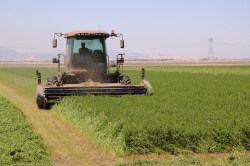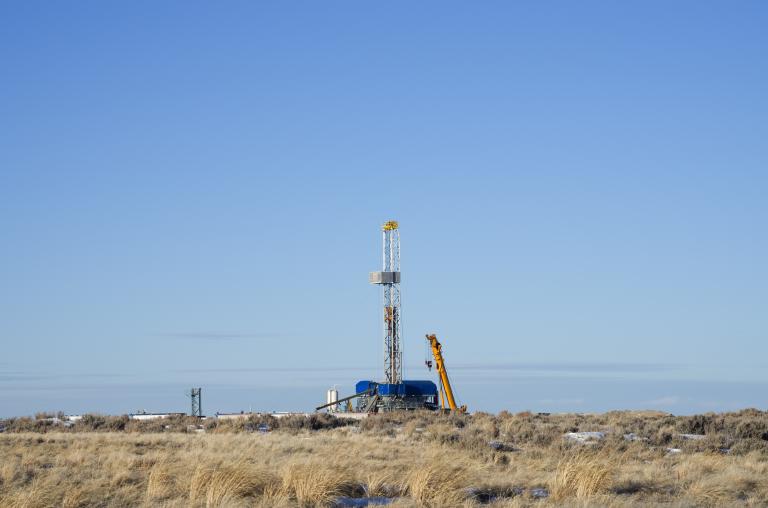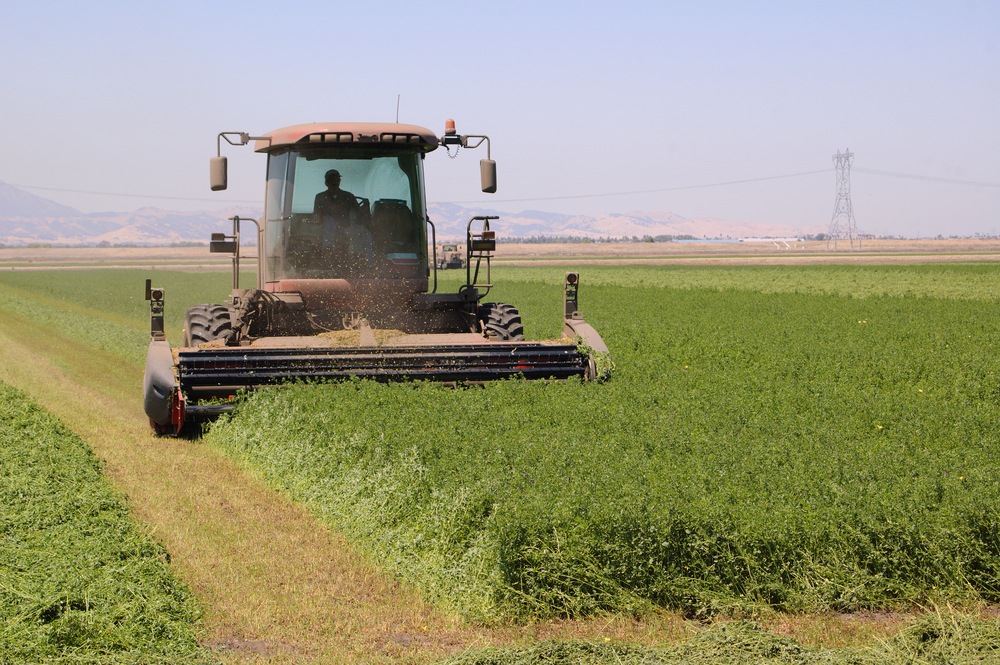
ShutterstockBad news for Washington farmers?
Pity a Washington farmer who grew a crop of GMO-free alfalfa only to have it rejected for export — because tests showed it had been tainted by a genetically modified variety.
An exporter found the farmer’s hay to have been contaminated with Roundup-resilient alfalfa, which was developed by Monsanto and approved for use by the U.S. Department of Agriculture in 2011. Farmers who grow the GMO alfalfa can douse their fields with the herbicide Roundup without hurting the crop.
GMO opponents have warned for more than a decade that, because alfalfa is a perennial crop largely pollinated by honeybees, it would be almost impossible to keep the genetically modified version from mixing with conventional alfalfa. Cross-fertilization could devastate conventional and organic growers’ businesses, they said.
But even though U.S. regulators have deemed biotech alfalfa to be as safe as non-GMO varieties, many foreign buyers will not accept the genetically modified type because of concerns about the health and environmental safety of such crops.
ACX Pacific — a major exporter of alfalfa and other grass hay off the Pacific Northwest to countries that include Japan, Korea, China and parts of the Middle East — will not accept any GMO because so many foreign buyers are so opposed to it.
And domestic organic dairy farmers have said that any contamination of the hay they feed their animals could hurt their sales.
“This is terribly serious,” said Washington state senator Maralyn Chase, a Democrat who fears alfalfa exports could be lost if it is proven that GMO alfalfa has mixed in with conventional supplies.
Washington’s agricultural sector will be holding its breath until Friday — and that’s not because of all the poisonous herbicides in the air. That’s when Washington state ag officials should be done with their own lab analysis of the farmer’s samples, which could confirm whether the crop was indeed tainted and possibly help identify the source of contamination.




